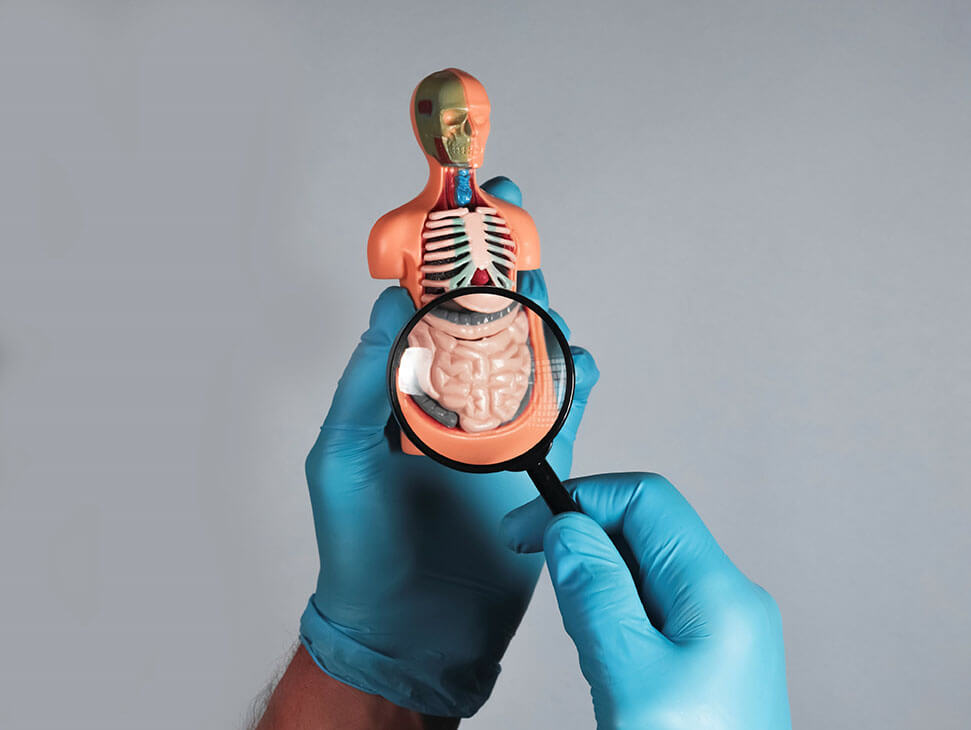What are the signs and symptoms of poor gut health?
Do you experience digestive issues, constipation, irregular bowel movements, bloating and gas? How about skin problems, joint pain or even lack of mental clarity? All are signs & symptoms of disruption in the digestive system. Disease is said to begin and end in the gut. Consistent stress on the gut can cause things such as food intolerances, leaky gut syndrome and fungal/parasite infections.
How does things such as food intolerances, leaky gut syndrome and fungal/parasite infections develop within the stomach?
Everyone has a unique gut microbiome, therefore it’s hard to distinguish one direct cause. However, most often these complications are a result from poor quality nutrition, more specifically the poor-quality foods and liquids you consume on a regular day to day basis. These poor nutrient density foods/liquids may include:
Processed sugar
Processed dairy
Vegetable / seed oils
Processed grains
Packet foods
Caffeine “poor quality” or “too much”


What are 3 things you can start doing to improve your gut health?
Consult with your GP. Get clear on any major red flags. Identity which health care professional is going to be best suited to your needs (nutritionist, physiotherapist, naturopath, personal trainer)
Eat as many whole foods as you can. Each meal must contain (protein, fat and carbohydrates). Keep a food diary to track for food intolerances etc. Drink 0.033 x Bodyweight = Litres of water per day.
Get as best sleep as you can. Create a bed time routine. Keep sleep/wake cycles consistent. Aim for 7-8hrs each night.
Jordan Moffitt – CHEK Practitioner

